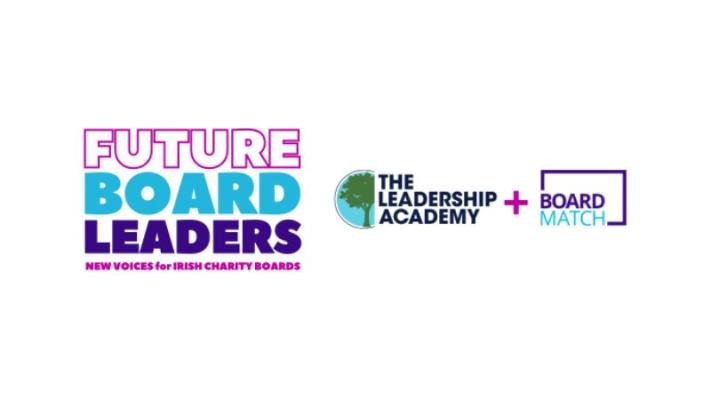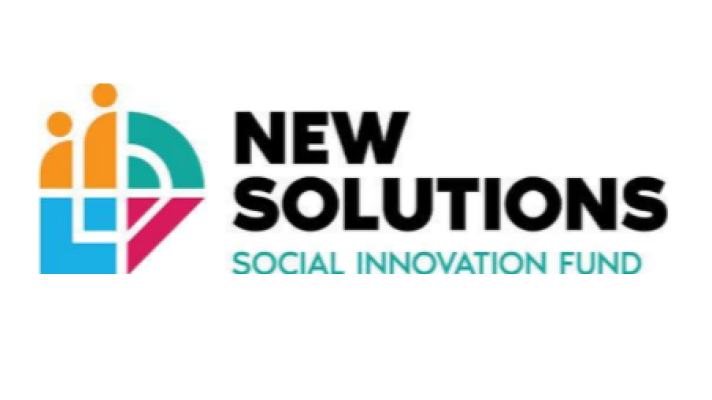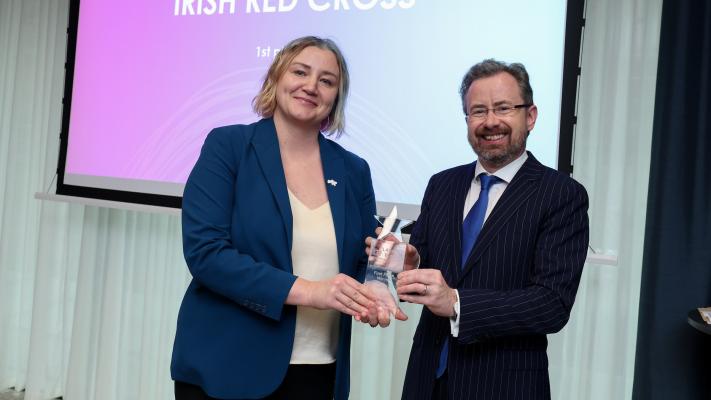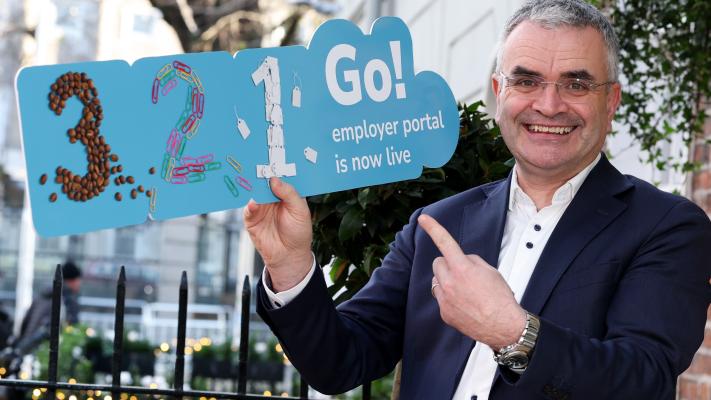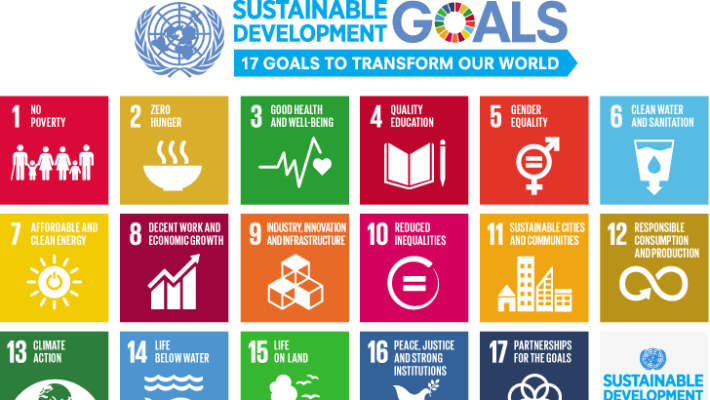Public Services Delivery Role
Many of Ireland’s almost 10,000 charities are funded by the state to provide health, social and community services, and they form a critical part of Ireland’s social infrastructure, supporting people and communities the length and breadth of the country.
Many issues arise from the fact that these organisations are doing essential work on behalf of the state. Some of the issues include:
- the adequacy of the funds made available for this work
- the effort that organisations have to put into raising additional funds to supplement often inadequate statutory funding so that these essential public services can be continued
- the restrictions that often accompany statutory funds that prevent organisations from finding innovative solutions or from doing necessary advocacy to change the system
- the compliance demands that many organisations face when in receipt of statutory funds, and
- the effects of these externally-set compliance requirements on the boards of organisations in terms of reducing their autonomy and independence.
Many of these issues are now under consideration in the context of the commissioning approaches that are increasingly being adopted by the statutory authorities who fund the work of community, voluntary and charitable organisations.
What Are We Working On?
Department of Health, HSE and Tusla: Commissioning and Associated Processes
The HSE and Tusla are currently developing and implementing commissioning approaches to funding services provided by community and voluntary organisations. We are working closely with our agency-funded members to identify and communicate the issues that need to be addressed if we are to benefit to the full from the role played by community and voluntary organisations in delivering public services and involving the people, and the communities they support, in the shaping of those services.
We published our Let’s Commission for Communities Report in 2016, and have established networks of Tusla-funded and HSE funded organisations within The Wheel’s membership. We also sit on Tusla’s Commissioning Advisory Group.
Members of The Wheel that are funded by the HSE or TUSLA are invited to join our HSE and Tusla Networks.
Minister Harris’ Review of Role of Voluntary Organisations in Health and Social Services
Minister for Health, Simon Harris TD announced in 2017 the establishment of an independent review group to examine the role of voluntary organisations in the operation of health and personal social services in Ireland. The terms of reference provide for the review group to:
- examine current arrangements across the health and social care sector
- consider issues currently arising, and those likely to arise in the future
- make recommendations on how the relationship between the state and voluntary organizations should evolve in the future.
This review is clearly very significant in relation to the nature of the future relationship between the community, voluntary and charity sector and the state – and it will undoubtedly play an important part in shaping future policy towards the sector.
The Wheel is encouraged by Minister Harris’s view that, “voluntary and non-statutory providers, including religious and faith-based organisations, have made an enormous contribution to the provision of health and personal social services in Ireland over centuries. Their role in providing care to people, at a time when in many cases the state failed to do so, has led to the complex tapestry that is our current health system. The role played by these organisations, how they are organised and their arrangements with the state have changed over the years and we can expect further changes to emerge over time.”
The Wheel is working to ensure that the many complex issues identified by our members that relate to their publicly funded service-provision role are brought to the attention of the review group. We made a formal submission to the Review Group.
Department of Public Expenditure and Reform: Procurement Guidelines
The Wheel maintains close contact with the Department of Public Expenditure and Reform (DPER), Government funding departments such as the Department of Health and the Department of Children, over the impact of important statutory policies (such as DPER 2013) on service-providing organisations.
We have also been engaging closely with the Office for Government Procurement and with DPER in relation to development of the current Statutory Public Procurement Guidelines, to ensure their incorporation of the full range of flexibilities afforded by the EU Public Procurement directives on which they are based. The Wheel is pleased to see that the published procurement guidelines permit a high degree of flexibility by public service commissioners in how they choose to fund human, social and community services – and we are working hard to ensure that the approach taken by service-commissioners is not unnecessarily prescriptive.
The EU's Long-term Budget and Civil Society
In November, The Wheel attended a conference hosted by the European Parliament in Brussels titled Invest in What Matters: What is at stake in the next EU long-term budget – event with key players and
Ireland’s EU Presidency: A Report from our Member Townhall
On 24 September 2025, we held a Townhall event for members of The Wheel to discuss priorities for Ireland’s upcoming presidency of the European Union.
Presidential Election 2025: The Candidates Share their Visions for Civil Society
reland will be heading to the polls on Friday, 24 October, to vote on who will become the 10th president of Ireland. To help you with this important decision, The Wheel has posed the same questions to
A Failure to Invest in Communities Will Fuel Division: Lessons from France
As it becomes clear that Budget 2026 is likely to be a budget of restraint, it is crucial that the government avoid repeating the catastrophic decisions of the recent past.
A Community and Voluntary Sector Voice on the National Skills Council
The Wheel joined the National Skills Council (NSC) as the representative of the Community and Voluntary Pillar in September 2024. This is the first time that the community and voluntary sector has had
Bringing our Members’ Priorities to Government
Our Policy Officer Lily Power & Public Affairs Consultant John Gallagher presented our Pre-Budget 2026 Submission to the Oireachtas Joint Committee for Social Protection Rural & Community Development


